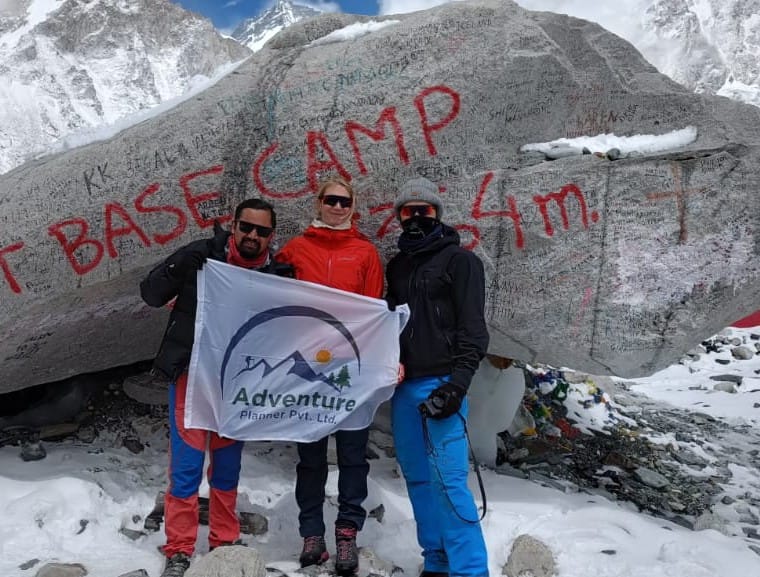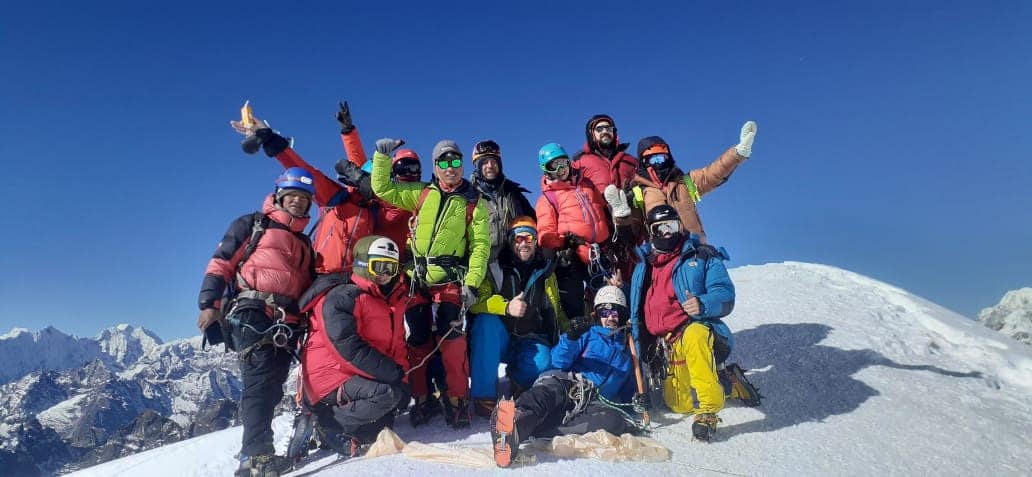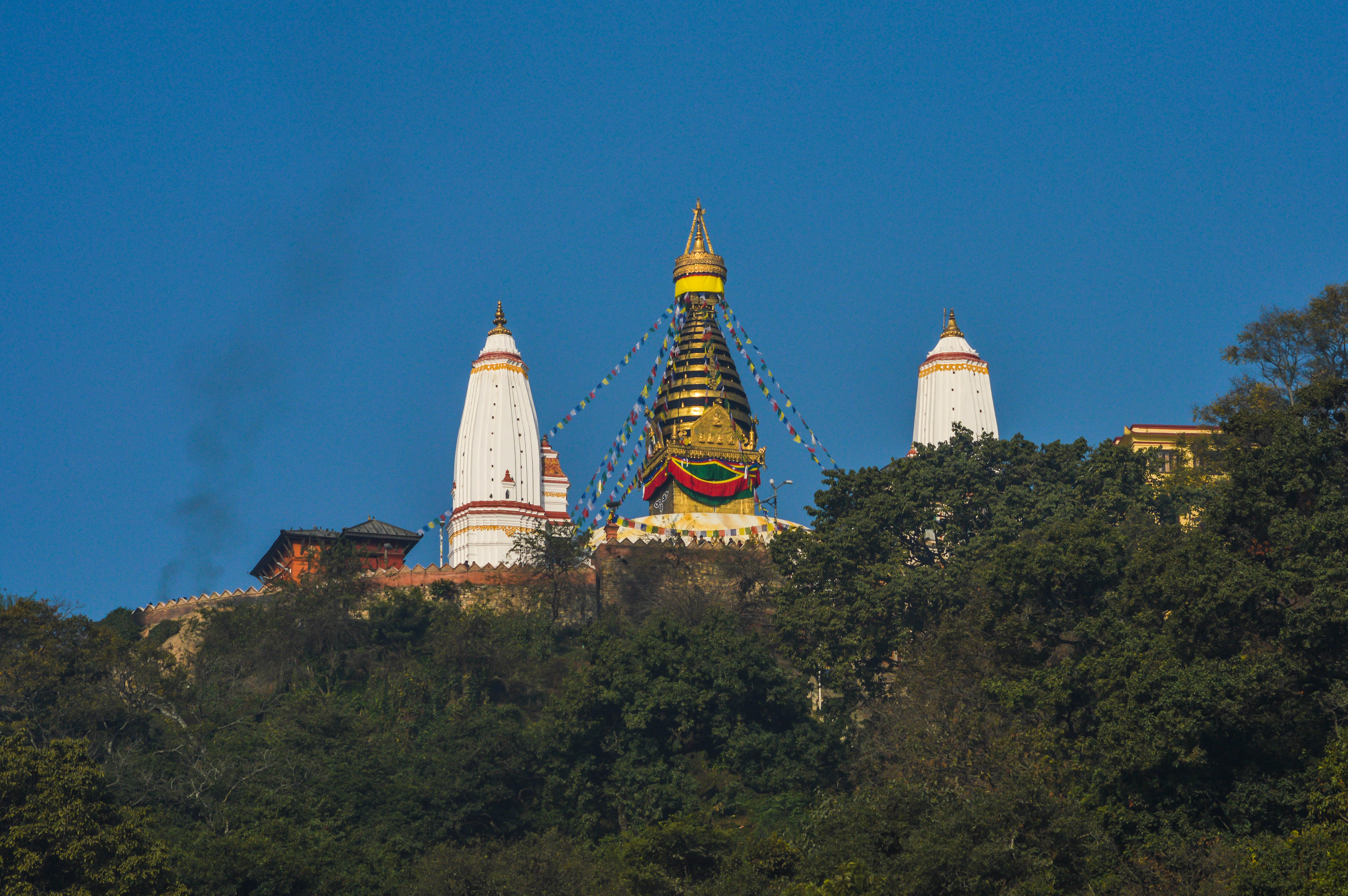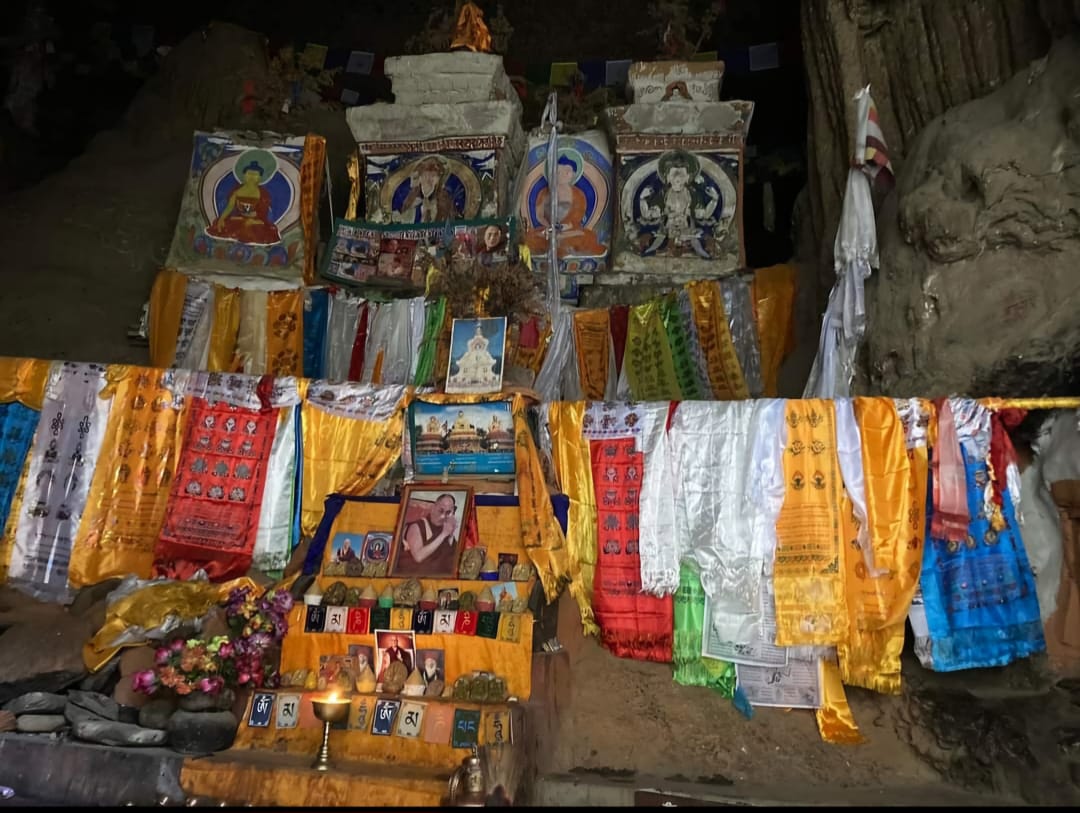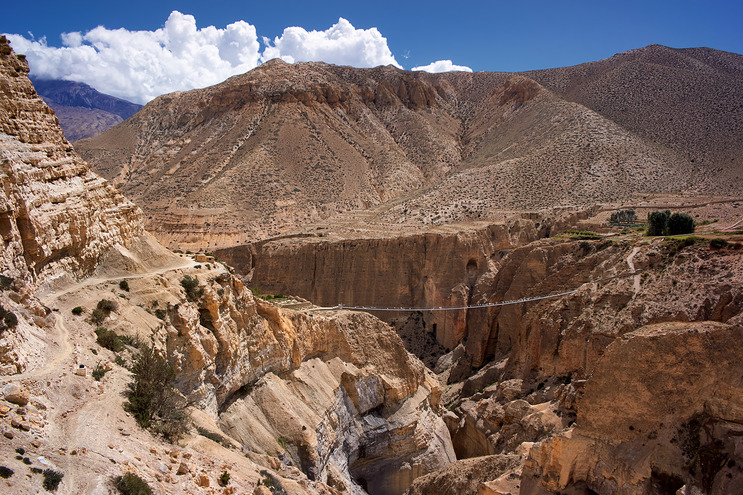Trekking in Nepal is an unparalleled adventure, and among the most popular destinations for trekkers are the Annapurna Base Camp (ABC) and Everest Base Camp (EBC) treks. Both offer breathtaking views of the Himalayas, but they differ in landscape, difficulty, and experience. This detailed guide will help you understand the key differences between these two treks (ABC vs EBC Trek) and choose which one suits you best.
Overview of Annapurna Base Camp Trek
The Annapurna Base Camp Trek is often regarded as one of the best treks for those who want to experience the Himalayas without extreme altitude and difficulty. The trek takes you to the base of Annapurna I (8,091 meters), the 10th highest mountain in the world.
- Duration: 7-12 days (depending on your route and pace)
- Elevation: Annapurna Base Camp at 4,130 meters (13,550 feet)
- Best Time to Trek: Spring (March to May) and Autumn (September to November)
- Difficulty Level: Moderate
- Trekking Region: Annapurna Region
- Maximum Altitude: 4,130 meters (Annapurna Base Camp)
Key Highlights of the ABC Trek:
- Stunning Views of the Annapurna Massif: Including Annapurna I, Machapuchare (Fishtail), and Hiunchuli.
- Diverse Landscape: From lush subtropical forests to alpine meadows and rocky terrain, the landscape changes dramatically as you climb.
- Rich Culture: Pass through traditional Gurung and Magar villages, offering a deep insight into the local culture and hospitality.
- Hot Springs: Enjoy a dip in the natural hot springs in Jhinu Danda (if you take the alternate route).
- Lower Altitude: The trek reaches a maximum altitude of 4,130 meters, so altitude sickness is less of a concern for most trekkers.
Why Choose Annapurna Base Camp Trek?
- Less crowded: Although it’s popular, the ABC Trek is generally less busy than the EBC Trek, allowing for a more peaceful experience.
- Accessibility: The trek starts from Pokhara, which is easily accessible by road or flight from Kathmandu.
- Moderate Difficulty: It is ideal for trekkers looking for a beautiful Himalayan trek without the challenges of extreme altitudes.
Overview of Everest Base Camp Trek
The Everest Base Camp Trek takes you deep into the Khumbu region, home to the legendary Mount Everest (8,848 meters). It’s one of the most famous treks in the world, offering stunning views of Everest and other Himalayan peaks, as well as a chance to experience Sherpa culture.
- Duration: 12-16 days (depending on acclimatization and route)
- Elevation: Everest Base Camp at 5,364 meters (17,598 feet)
- Best Time to Trek: Spring (March to May) and Autumn (September to November)
- Difficulty Level: Challenging
- Trekking Region: Everest Region (Khumbu)
- Maximum Altitude: 5,364 meters (Everest Base Camp)
Key Highlights of the EBC Trek:
- View of Mount Everest: The trek offers incredible views of the world’s tallest peak.
- Khumbu Icefall and Glacier: Experience one of the most famous features of the Everest region, along with glacier views.
- Namche Bazaar: A bustling Sherpa town and the starting point for many Everest expeditions, with great views of Everest, Lhotse, and Ama Dablam.
- Sherpa Culture and Monasteries: Explore the unique Sherpa culture and visit iconic Buddhist monasteries such as Tengboche Monastery.
- Challenging High Altitude: The trek requires more careful acclimatization due to the higher elevations, making it more physically demanding.
Why Choose Everest Base Camp Trek?
- Mount Everest Views: If you dream of seeing Everest in person, this trek offers the closest and most iconic views of the mountain.
- Cultural Immersion: The trek takes you through Sherpa villages, offering a chance to learn about the unique culture and way of life in this high-altitude region.
- Accomplishment: Reaching Everest Base Camp is a huge achievement for many trekkers, offering a sense of fulfillment.
- World-Famous Trek: The EBC Trek is one of the most well-known treks in the world, attracting trekkers from all corners of the globe.
Detailed Comparison of ABC and EBC Trek
Difficulty Level Compare ABC and EBC Trek:
- ABC Trek: The Annapurna Base Camp Trek is moderately difficult. While the altitude can be challenging for some, it is generally easier than the Everest Base Camp Trek due to the lower altitude and less technical terrain.
- EBC Trek: The Everest Base Camp Trek is more difficult, especially because of the higher altitude. As you ascend, acclimatization becomes crucial to avoid altitude sickness. The trek can be physically demanding due to the rugged terrain and longer days.
Altitude and Acclimatization:
- ABC Trek: The maximum altitude is 4,130 meters, which is lower than EBC, and most trekkers have fewer issues with altitude sickness. A few days of acclimatization are still recommended.
- EBC Trek: The trek to Everest Base Camp reaches 5,364 meters, so proper acclimatization is essential to avoid altitude sickness. The risk of AMS (acute mountain sickness) is higher on this trek, and it’s important to take rest days as needed.
Scenic Beauty:
- ABC Trek: The views along the ABC Trek are breathtaking, especially of the Annapurna Massif. The diverse landscape, which includes terraced fields, rhododendron forests, and snow-capped peaks, makes the trek incredibly scenic.
- EBC Trek: The Everest trek offers iconic views of Mount Everest, Lhotse, and Ama Dablam. The Khumbu Icefall, glaciers, and the views from Kala Patthar are unparalleled, especially for those seeking to experience the high Himalayas up close.
Crowds and Popularity:
- ABC Trek: Although ABC is popular, it tends to be less crowded than the EBC Trek. The route is less commercialized, offering a more serene trekking experience.
- EBC Trek: The EBC Trek is extremely popular and attracts trekkers from all over the world. As a result, it can feel crowded, especially during peak seasons.
Culture:
- ABC Trek: The trek takes you through a mix of traditional Gurung, Magar, and other ethnic villages. You’ll encounter welcoming locals who offer a glimpse of rural Nepalese life.
- EBC Trek: The Everest region is home to the Sherpa people. Along the way, you’ll visit Buddhist monasteries, experience Sherpa culture, and learn about their unique customs, which are deeply influenced by Tibetan Buddhism.
Trekking Experience:
- ABC Trek: The trail to ABC is well-maintained and generally smoother. The trek doesn’t involve extreme altitudes, so it can be easier on the body. You also get to explore the Annapurna Conservation Area, which is a UNESCO World Heritage site.
- EBC Trek: The EBC Trek is longer and more strenuous. It involves walking through rugged terrain and ascending to high altitudes. It’s more challenging, but the sense of achievement at reaching Base Camp makes it worth it.
Annapurna Base Camp Trekking Vs Everest Base Camp Trekking- Which Trek Should You Choose?
Choose ABC Trek If:
- You prefer a moderate trek with beautiful, varied landscapes.
- You want a quieter, more relaxed trekking experience.
- You’re short on time and want a trek that can be completed in about a week.
- You’re new to high-altitude trekking and want to ease into the experience.
Choose EBC Trek If:
- You dream of seeing Mount Everest up close and experiencing the iconic trek.
- You’re up for a more challenging adventure with higher altitude and rugged terrain.
- You’re interested in immersing yourself in Sherpa culture.
- You’re prepared for a longer trek and are comfortable with acclimatization and altitude management.
Conclusion: Annapurna Base Camp Trekking Vs Everest Base Camp Trekking
Both the Annapurna Base Camp and Everest Base Camp Treks offer unforgettable Himalayan experiences, but they cater to different types of trekkers. The ABC Trek is perfect for those looking for a moderate challenge with stunning views and rich cultural encounters, while the EBC Trek is ideal for those seeking a more demanding trek with world-class views of Mount Everest and an opportunity to immerse themselves in Sherpa culture.
Ultimately, your choice depends on your trekking goals, experience, and physical preparedness. Either trek will offer you the adventure of a lifetime!
